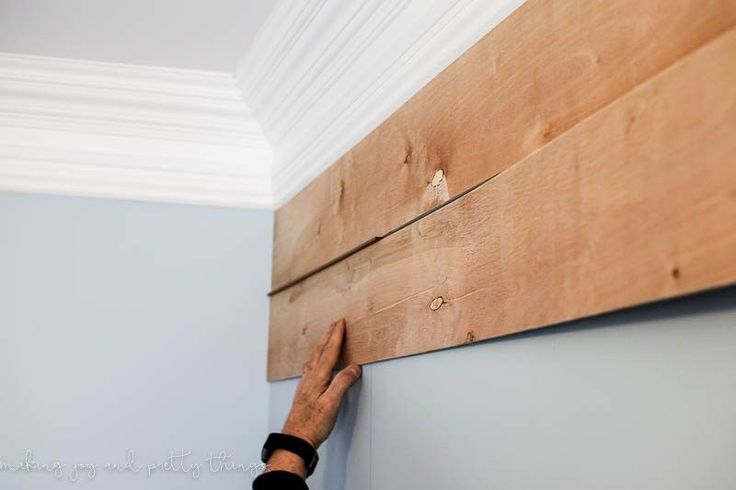Related Posts
Social media has become a hub for viral videos, but it’s also a platform where we can share and dissect legal advice. Attorney Ugo Lord, with a solid following of 6.8 million, is one such figure who’s using the platform to shed light on complex legal situations. In his recent viral video, Lord breaks down the questionable actions of a homeowner who locks squatters in his basement after they refuse to vacate.
The Viral Video: A Contentious Situation
The video opens with the homeowner taking a rather drastic step to deal with the squatters in his basement. With a drill in hand, he attaches a wooden panel to the basement door, intending to lock the squatters inside. This seemingly straightforward action opens a Pandora’s box of legal and ethical questions.
Through his reaction, Ugo Lord indicates that the situation isn’t as black and white as it initially appears. While many viewers might instinctively side with the homeowner and label the squatters as unlawful trespassers, Lord brings to light an important legal distinction: the idea of ‘bona fide squatters’.
By Lord’s words, bona fide squatters who have stayed in a property for an extended period of time have some legal rights recognized by the law. This indicates that an individual owner cannot eject them without using legal channels. The reason is that there’s a possibility, though very little, that the squatter could have the legal right to reside at the property.
However, in the same complexity of this legal maze, the homeowner’s act of locking the squatters in the basement is an act of false imprisonment, according to Attorney Lord. It is usually an act of confining someone else against their will without the required legal authority. Despite the understandable frustration of dealing with squatters, the law does not allow such an act. Therefore, according to Attorney Lord, it makes the homeowner potentially guilty of a serious crime.
False Imprisonment: A Legal Deep Dive
Diving into the legality of the situation, 25 CFR § 11.404 defines false imprisonment as a misdemeanor committed when a person knowingly restrains another unlawfully to interfere substantially with their liberty. False imprisonment can occur when someone engages in the act of restraint on another person, confining them in a restricted area. This is punishable under criminal and tort law and is classified as an intentional tort.
To establish a prima facie case for false imprisonment, several elements must be present. The defendant must willfully act with the intent to confine the plaintiff without their consent and without the authority of law. This act must cause the plaintiff’s confinement, and the plaintiff must be aware of this confinement.
Defining a Bounded Area

A confined area is defined by limiting freedom of movement in all directions. This can be a physical barrier, such as a locked door, physical force to restrain, a failure to release, or an invalid use of legal authority. If there’s a reasonable means of escape from the area, then it is not considered bounded. However, if the escape results in the risk of physical harm to the detainee, the area is bounded.
Threats of immediate physical force can also qualify as acts of restraint and thus, false imprisonment. The court typically looks at whether the plaintiff had a just fear of injury when determining if a threat counts as false imprisonment.
While the video doesn’t show the homeowner making explicit threats, the act of locking the squatters in the basement can be an implicit threat of immediate physical force due to the potential consequences of their confinement.
Concluding Thoughts
In this viral video, Lord’s analysis underscores the importance of understanding the nuances of the law. The homeowner’s actions, born out of frustration, crossed into the territory of false imprisonment, a serious legal transgression.
This case serves as a reminder that when dealing with difficult situations, such as squatters, we should handle them legally to avoid further complications.


Wouldn’t most basements by code if you’re renting them out as a separate living space have to have a separate entrance and exit by fire code?
And would that have an impact on the claim of imprisonment?
Hello Brenden! Entry/Exit code regulations vary in jurisdictions across the country. With that said, the question also assumes this basement is eligible to be rented. Squatters have been known to occupy many different areas, both legal and not! In summary, if there is an available exit to the exterior of the home, then it would not be false imprisonment. Thank you!